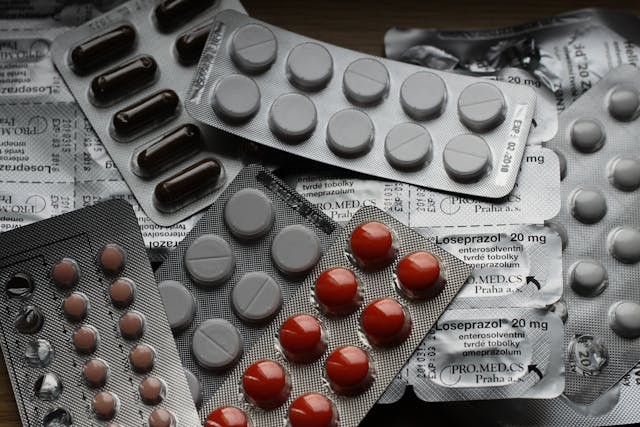
A new drug in development shows great potential in fighting antibiotic resistance. It can also aid bloodstream infection in a matter of hours.
New Drug Eliminates Blood Infection in 4 Hours
In the new study "Antibiotic class with potent in vivo activity targeting lipopolysaccharide synthesis in Gram-negative bacteria," researchers from Sweden are the first to target LpxH. This enzyme aids in the synthesis of lipopolysaccharides, another essential component of the outer membrane. About 70% of gram-negative bacteria use this enzyme, so it may be a good target for a variety of illnesses.
Mice given drug-resistant E. coli or K. pneumoniae were dosed with various substances to block the bacteria's LpxH. The outcomes showed that a single dose might cure bloodstream infections in at least four hours.
Beginning with a substance known as JEDI-1444, the researchers assembled it based on the findings of a literature search for appropriate potential inhibitors. Despite its remarkable potential to inhibit gram-negative growth, it exhibited low solubility and instability in blood.
After making a few adjustments, the researchers were successful with two variations: EBL-3599 and EBL-3647. These versions did not dissolve more readily in ser. Still, they did exhibit "potent" antibacterial action against a variety of E. Coli and K. pneumoniae isolates, regardless of the genotype of resistance.
Considering that both of these bacteria are becoming resistant to the few medications currently on the market that effectively combat them, that finding is crucial.
The World Health Organization (WHO) published a list of the most hazardous drug-resistant pathogens in 2017, and the most common type of these pathogens are gram-negative bacteria resistant to the most potent broad-spectrum antibiotic classes. The list includes E. coli, K. pneumoniae, and Acinetobacter baumannii, which causes infections in the blood, lungs, and urine, and Pseudomonas aeruginosa, which causes pneumonia.
The researchers concluded that "while the current results are very promising, There will be considerable additional work required before compounds of this class are ready for clinical trials."
Antibiotic Resistance
New types of medicine are vitally needed to save lives as microorganisms adapt to our treatments. Approximately 50% of currently marketed antibiotics are only alterations of medications discovered almost a century ago.
One study suggested that antibiotics might eventually stop working because bacteria mutate and become resistant to them. Yes, antibiotics could not be effective in the future.
Researchers discovered that viruses, even ones they have never encountered antibiotics before, can haphazardly acquire resistance to antibiotics. Other scientists conducted similar experiments, but they used penicillin and anti-tuberculosis drugs instead of phages. In a similar vein, they found that bacteria might become resistant to antibiotics even in the absence of interaction.
Bacteria have relied on random mutations for millions of years to live in harsh, constantly changing environments. Their constant, random changes will eventually result in varieties that are resistant to the antibiotics of the future. Drug resistance is a reality that we must accept and continue to battle.
RELATED ARTICLE: Rate of Premature Babies Falls by 90% During Lockdowns Could Be Due to Reduced Stress and Declining Air Pollution
Check out more news and information on Medicine & Health in Science Times.
© 2026 ScienceTimes.com All rights reserved. Do not reproduce without permission. The window to the world of Science Times.












